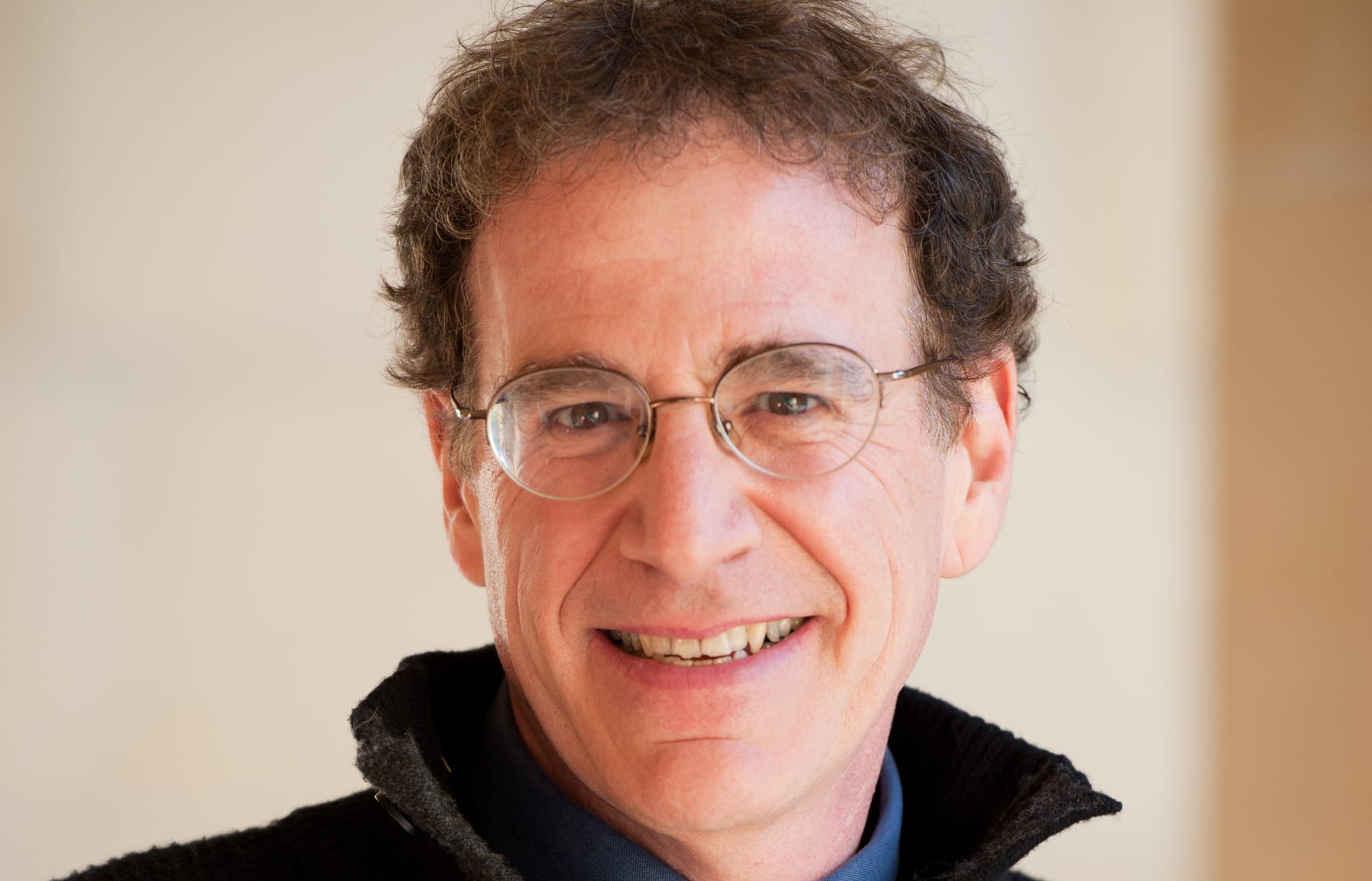A Stanford University study has found that students find it difficult to navigate a sea of disinformation, and the majority can't distinguish between fake and real news.
Lead author, Sam Wineburg is a Professor of Education and History at Stanford and says students need to be taught media literacy skills and how to evaluate sources.

Sam Wineburg Photo: Stanford University News Service
His book, Why learn history, when it's already on your phone? - examines how US history is taught in the nation's schools.
He joined Kathryn Ryan to share his optimal teaching methods for engaging a generation of students who are digital natives.
Wineburg says that although younger people are more adept with technology, that doesn’t mean their analytical skills match.
“We confuse young people’s ability to operate a device with the sophistication that’s required to evaluate the information that the device yields.
“The rapidity of technological change and the way that digital devices have so profoundly reshaped modern life is something that’s caught all of us unawares.
The study that showed 82 percent of middle school students (aged 11-13) couldn’t distinguish between a news story and an advertisement.
Wineburg stresses that although his study focused on around 8000 teenage students, adults are not much better.
Another study showed that 59 percent of adults also have the same difficulty distinguishing between advertisements and news stories.
“All of us are in the same boat, and the boat has rapidly taken on water.”
He begins the book with a vignette about teachers who dispensed information to students that was veiled Holocaust denial, thinking it was a legitimate source.
However, students are particularly susceptible to misinformation and tended to take things at face value without questioning the source.
“Students ability to discern information on the internet can be summed up in a single word, and the word we used was ‘bleak’.”
Wineburg says that young people today carry devices around in their pocket that have more information in them than the British Library and therefore the focus of teaching should go from the study of events, to the analysis and dissemination of sources.
“It is incumbent on all of us to develop the kinds of skills and questions and dispositions to evaluate any digital information.”
“Western democracies are in crises at this point because the information supply is polluted. This is not something that just affects the United States.
He says that school students are still being taught things that will have little use in their lives, while rapidly developing technology - which they all use - is being ignored.
“Our own way of creating an educational system has to be in conversation with technological aids that have profoundly reshaped modern life.
“Why is it that our educational system is so slow to change when technology is transforming everything else about modern life?”

